VA offers programs to support Veterans in crisis, such as the Veterans Crisis Line. However, there is a need to assess mental health in the event of a crisis to increase trust and potentially avoid incarceration or involuntary hospitalization.
Veterans Mobile Evaluation Team (VMET) and Veterans Response Teams (VRT) are two innovative programs that collaborate with local law enforcement to enhance access to mental health care for Veterans in crisis. When Veterans experience a mental health crisis off VA property, often referred to as off campus, assisting that Veteran involves collaboration with the local community and law enforcement.
Communities that participate in these programs allow for necessary intervention with trained Veterans to further help with accessing necessary resources.
Veterans Mobile Evaluation Team
VMET is driven by a mission to prevent Veteran suicide and increase Veteran participation in mental health treatment. VMET equips VA clinicians and police officers to respond to the scene of a Veteran in crisis alongside local law enforcement and work to connect the Veteran with VA care and resources to support their mental health. When local police receive a call of a Veteran in crisis, the VMET unit is notified and responds to the scene.
Since its designation as a 2018 VHA Shark Tank Competition winner, VMET has expanded to eight VA facilities. Chalmers P. Wylie Veterans Outpatient Clinic in Columbus, OH, and VA Oklahoma City are two VA facilities that recently adopted VMET and are already demonstrating success.
“One of our Veterans said the immediate support provided by our team helped him feel valued and understood during his critical moment. The Veteran also noted that the safety plan and resources that we gave him and who we connected them with made a significant difference in his journey towards stability and recovery,” said Central Ohio VA Police Chief William Robinson, Army and Air Force Veteran.
Ilene Harrington, social worker at Oklahoma City VA, recounted one of their first VMET calls in March 2024 involving a Veteran who had recently separated from the military. “He did not hurt himself or end up in jail. He ended up in our hospital where he got connected to the care he needed,” Harrington said.
The VMET team in Ohio has responded to 165 calls with six involuntary hospitalizations, and the team in Oklahoma has responded to six calls, all avoiding incarceration.
Veteran Response Teams
VRT, established in Wilmington, Delaware, in 2016, trains local law enforcement officers—who are Veterans themselves—on how to help Veterans in crisis and connect them to supportive care and services. The success of VRT has led to its expansion into Pennsylvania and New Jersey.
“We found that the connection of one Veteran talking to another is really impactful. If you have a Veteran police officer, they can have shared experiences where they have firsthand military experience and they understand exactly the unique challenges that the Veterans are going through,” said VISN 4 VA Police Chief Paul Woodland, Navy Veteran.
Cecilia Gonzalez, Homeless and Justice Programs supervisor for Wilmington VA, discussed the impact VRT had on one Veteran. “The Veteran and team member still talk to each other years later and provide support in that peer relationship. It has helped him produce positive changes in his life. He has custody of his children, is working full time, and is doing really well,” Gonzalez said.
Proven success to move forward
Since 2018, VMET has significantly impacted the experiences of Veterans in crisis. The program has responded to 7,831 calls for service in which 250 Veterans were at imminent risk and only 119 were placed in involuntary holds. VMET is currently available at eight VA facilities.
As of August 2024, Delaware’s VRT has trained over 200 officers from 65 different agencies. VA enrollment for services has increased among Veterans in crisis as well as the local Veteran officers, showing the program benefits all involved. VRT programs are currently available at Philadelphia VA, Wilmington VA, Coatesville VA, Lyons VA and Birmingham VA.
This fall, VA is hosting a series of virtual VA Mobile Crisis Response symposiums for VA facilities to learn how to implement VMET and VRT programs to prevent Veteran suicide and connect Veterans to appropriate VA care.
To learn more about VMET, visit its page on Diffusion Marketplace. To learn more about VRT, visit its page on Diffusion Marketplace.
Find resources
If a Veteran in your life is going through a tough time, be prepared with resources you can share or use together. Here’s a list of resources available to all Veterans and their supporters:
- Veterans Crisis Line: If you’re a Veteran in crisis or concerned about one, contact the Veterans Crisis Line to receive 24/7 confidential support. You don’t have to be enrolled in VA benefits or health care to connect. To reach responders, Dial 988 then Press 1, chat online at VeteransCrisisLine.net/Chat or text 838255.
- VA Resource Locator: Connect to your nearest resources based on your ZIP code or city and state.
- VA Suicide Prevention: Explore suicide prevention resources to build networks of support among community-based organizations, Veterans Service Organizations, health care providers and other members of your community.
- Don’t wait. Reach out: Get support designed specifically for you, whether you’re a Veteran, family member, or friend.
- National Resource Directory: Find a wide range of national, state and local services and resources.
Topics in this story
Link Disclaimer
This page includes links to other websites outside our control and jurisdiction. VA is not responsible for the privacy practices or the content of non-VA Web sites. We encourage you to review the privacy policy or terms and conditions of those sites to fully understand what information is collected and how it is used.
More Stories
For the Great American Smokeout, explore VA resources and learn why every attempt to stop smoking is a step toward success.
If you’ve lost a loved one to suicide, resources and support are available to help you cope during your grieving and healing.
Army Veteran Denis Velez donated a painting of his VA hospital as a way of giving back for his treatment there.

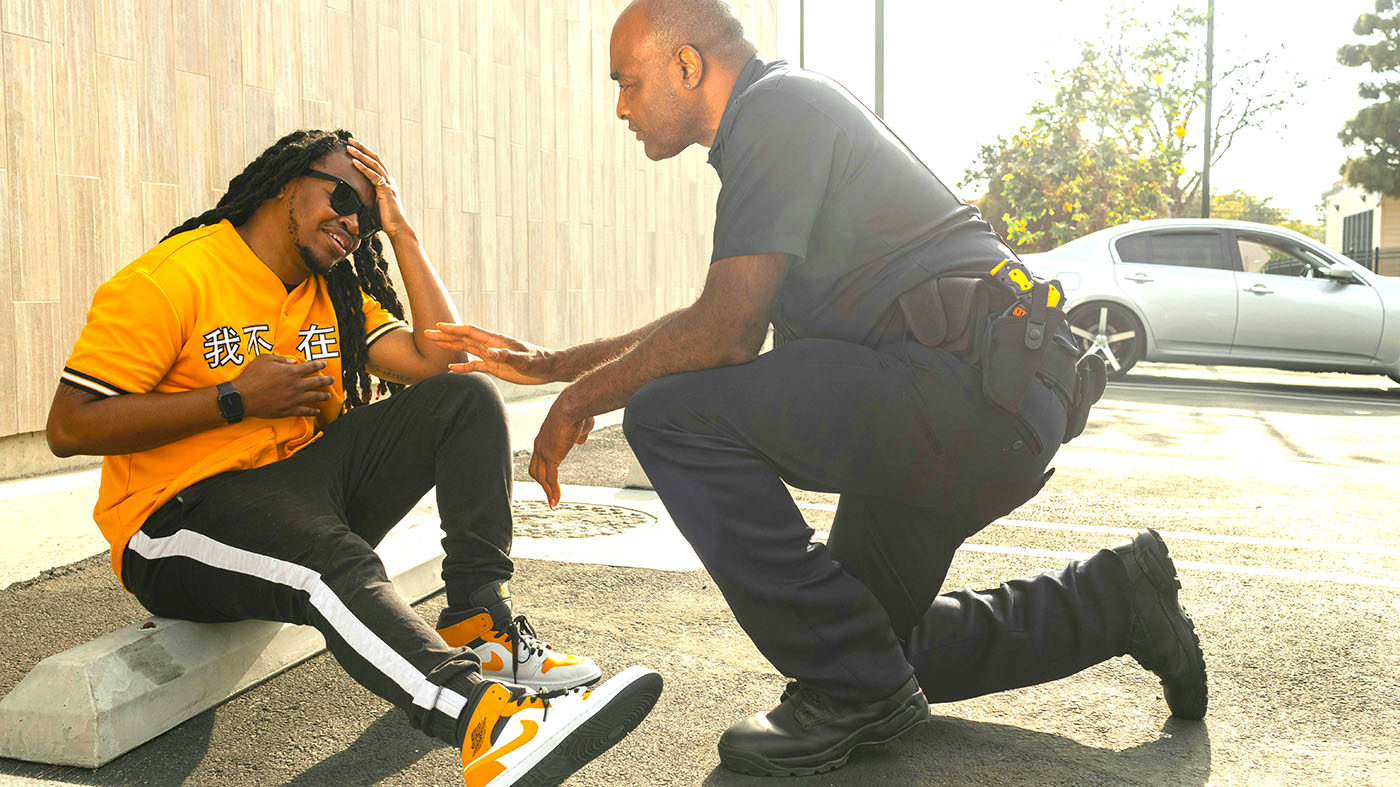
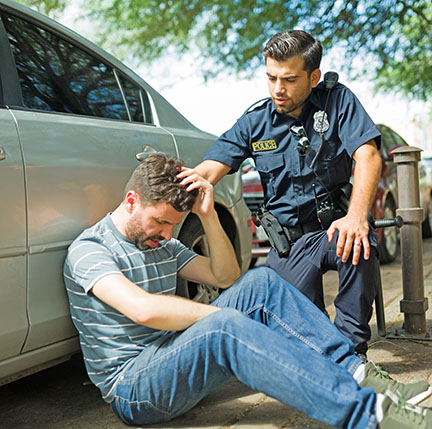
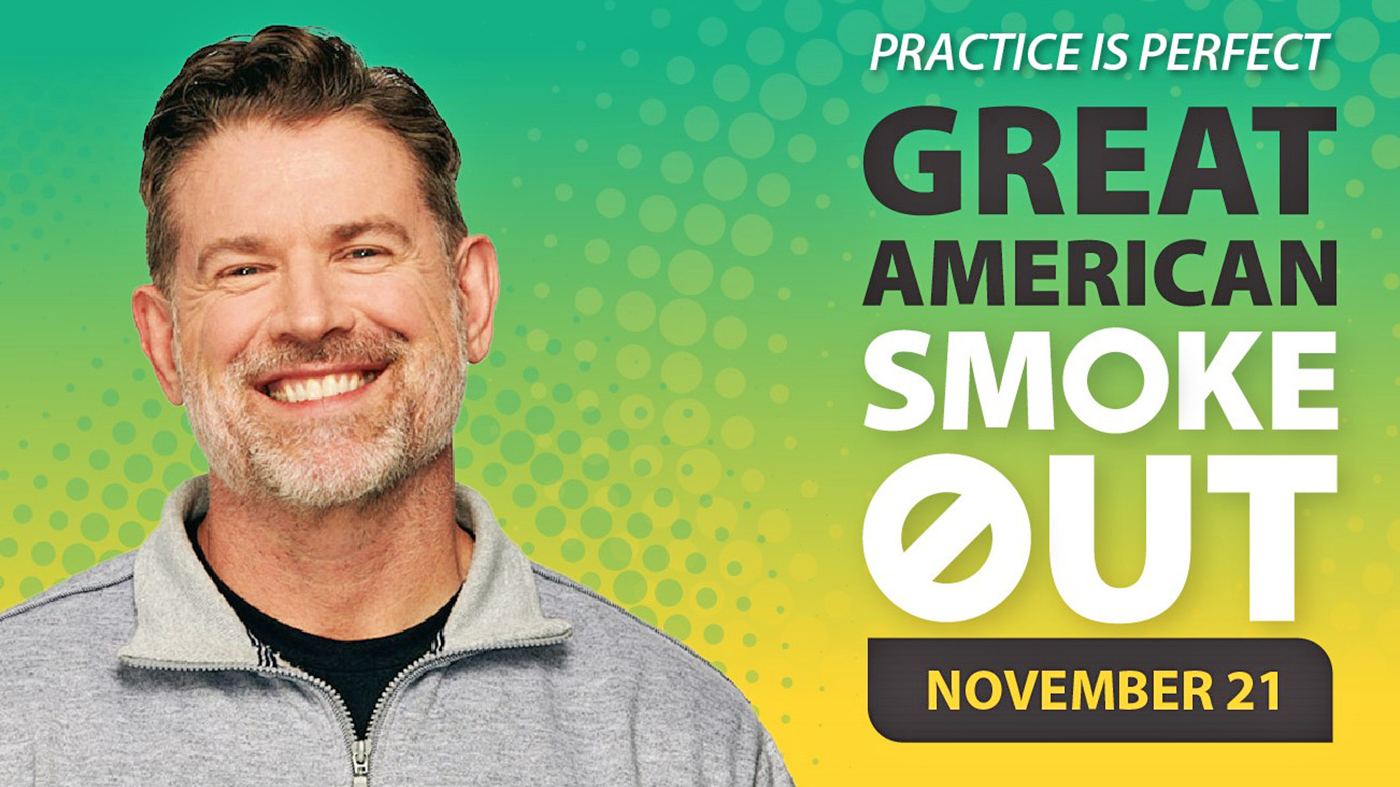
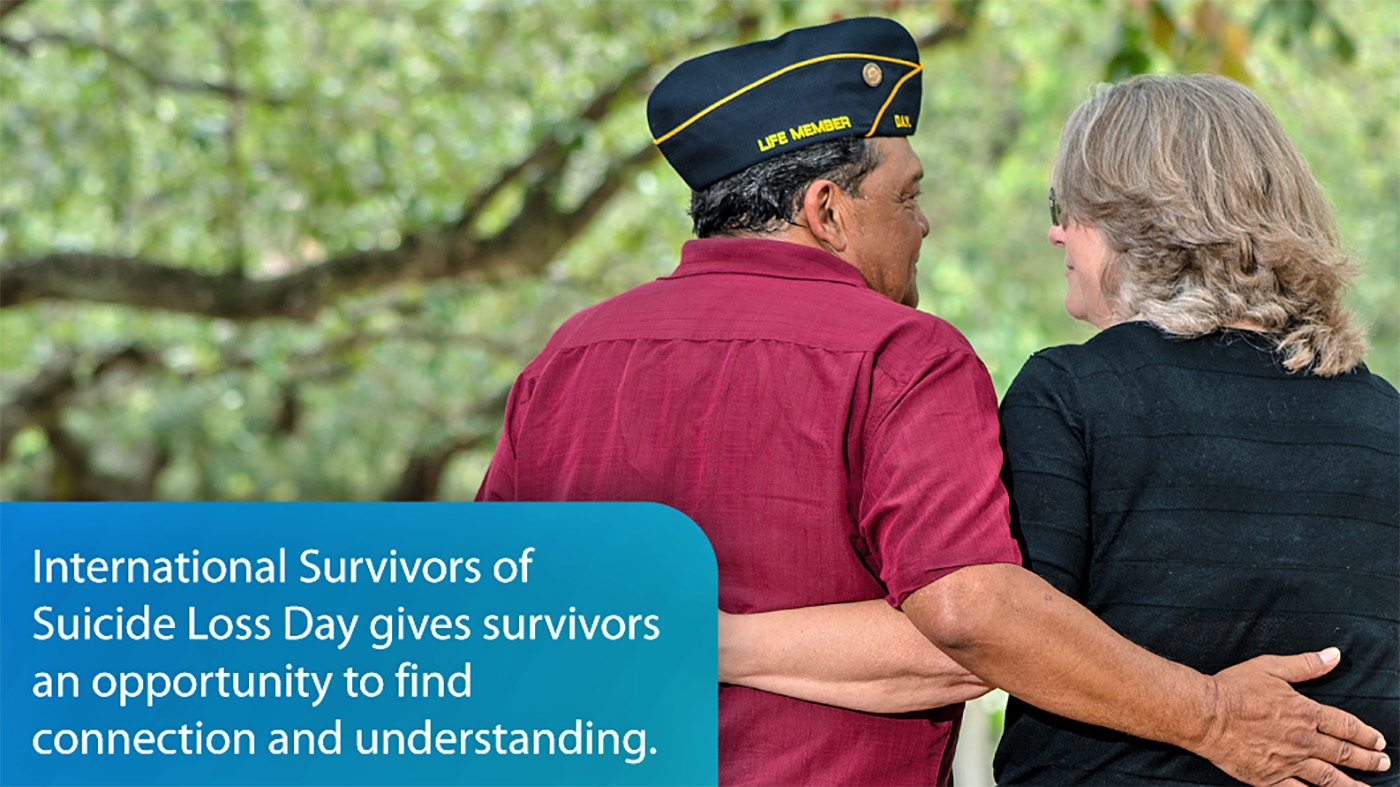
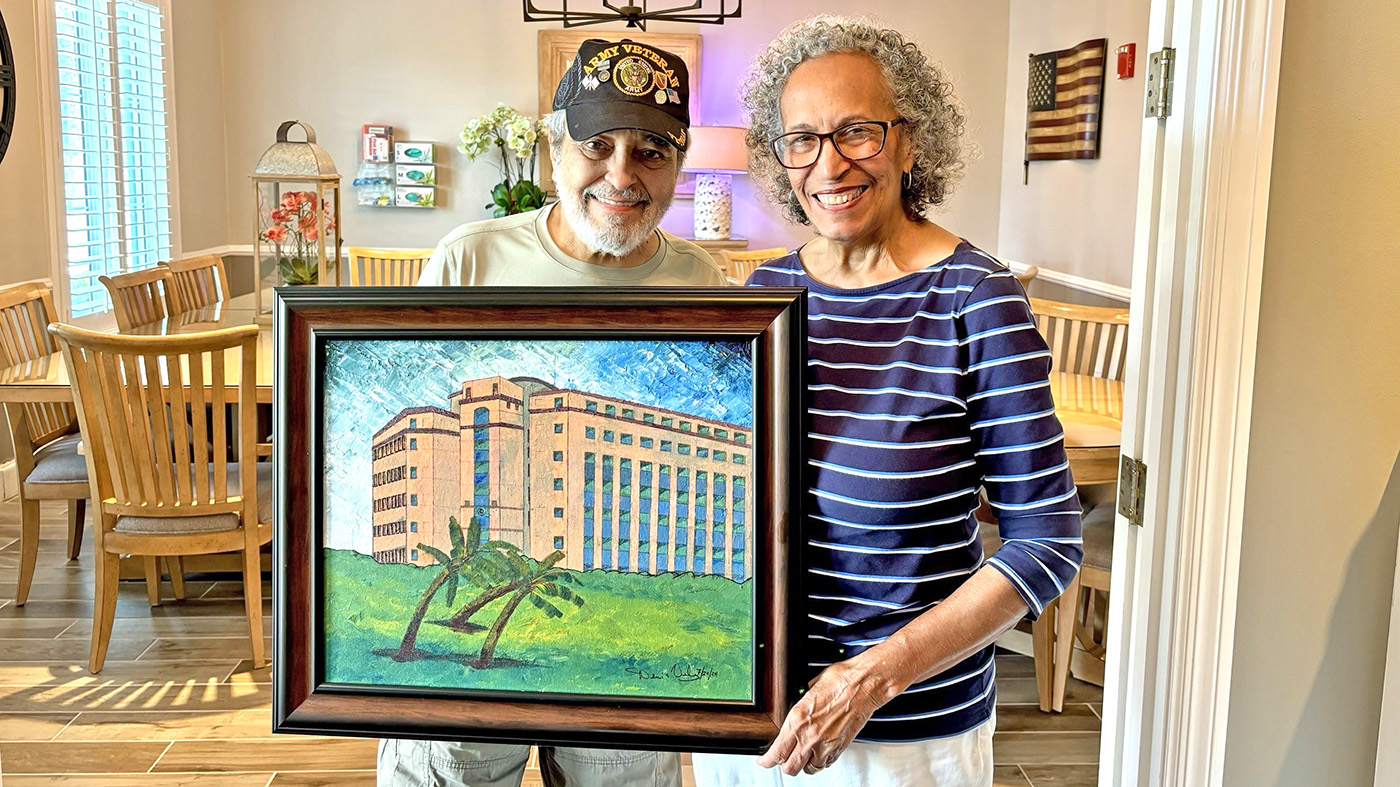


Every mental health encounter I have had when the VA called the local law enforcement, I was abused. The local LEOs have no idea how to help. Both times I was criminally charged for “obstructing” them. Once I did not get up fast enough and they used force to make me comply. It I do not blame the LEOs. They simply don’t know what is going on.